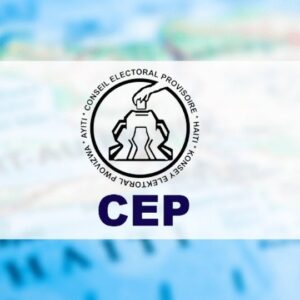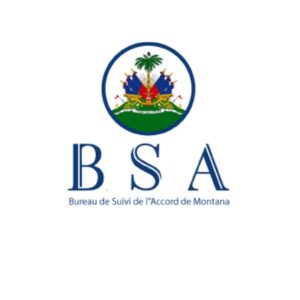The legislation on political parties in Haiti is an essential legal framework for the structuring and functioning of the country’s political entities.
Currently governed by the decree of July 1, 2014, this legislation establishes the rules for the formation, operation and financing of political parties. However, it presents several weaknesses which hinder democratic consolidation and political stability in Haiti.
Multiplicity of parties One of the main problems with current legislation is the proliferation of political parties. The current legal framework allows the formation of new parties with relative ease, which has led to an excessive number of parties, often without a clear ideological basis or coherent political program.
This political fragmentation weakens the ability of parties to form stable coalitions and offer clear policy choices to voters.
It is obvious that the organization of serious elections with so many parties (and therefore a multiplicity of candidates) is doomed to failure. We need clear guidelines and innovative incentives to be able to reduce the number of parties.
Lack of financial transparency Another major weakness is the lack of financial transparency. Although the 2014 decree requires political parties to declare their funding sources and expenditures, monitoring and verification mechanisms are insufficient.
This opens the door to corruption, illegal financing and undue influence of private interest groups. Penalties for non-compliance are also weak and rarely enforced, reducing the incentive to follow the rules.
Weak regulation of internal democracy Current legislation lacks clear provisions to ensure internal democracy within political parties. Rules on holding congresses, electing leaders, and making collective decisions are vague and often ignored.
This leads to authoritarian practices within parties, where decisions are made by a small group of leaders without consulting members. This internal democratic deficit harms the credibility and legitimacy of political parties.
Strengthening party formation criteria To reduce political fragmentation, the transitional government must strengthen the criteria for forming political parties. This could include requiring a minimum number of members spread across several departments of the country and the presentation of a detailed political program. Such measures would help ensure that only parties with a popular base and a clear vision for the country can form.
Improved financial transparency Financial transparency must be strengthened through more rigorous control mechanisms and tougher sanctions for non-compliance.
An independent authority must be established to verify party financial reports and conduct regular audits. In addition, the mandatory publication of these reports would allow citizens to better monitor party financing and detect irregularities.
Promotion of internal democracy It is also necessary to introduce clear legal provisions to promote internal democracy within political parties. This includes the obligation to hold regular elections for leadership positions, consult members on important decisions and respect the party’s statutes. Training on democratic governance could also be offered to party executives to strengthen their capacities in democratic management.
The legislation on political parties in Haiti requires in-depth reform to strengthen democracy and political stability. By improving party formation criteria, increasing financial transparency and promoting internal democracy, Haiti can build a political system that is more robust and more representative of the aspirations of its citizens. These corrections are essential to ensure more effective and transparent governance, thus promoting the sustainable development of the country.
Elensky question








